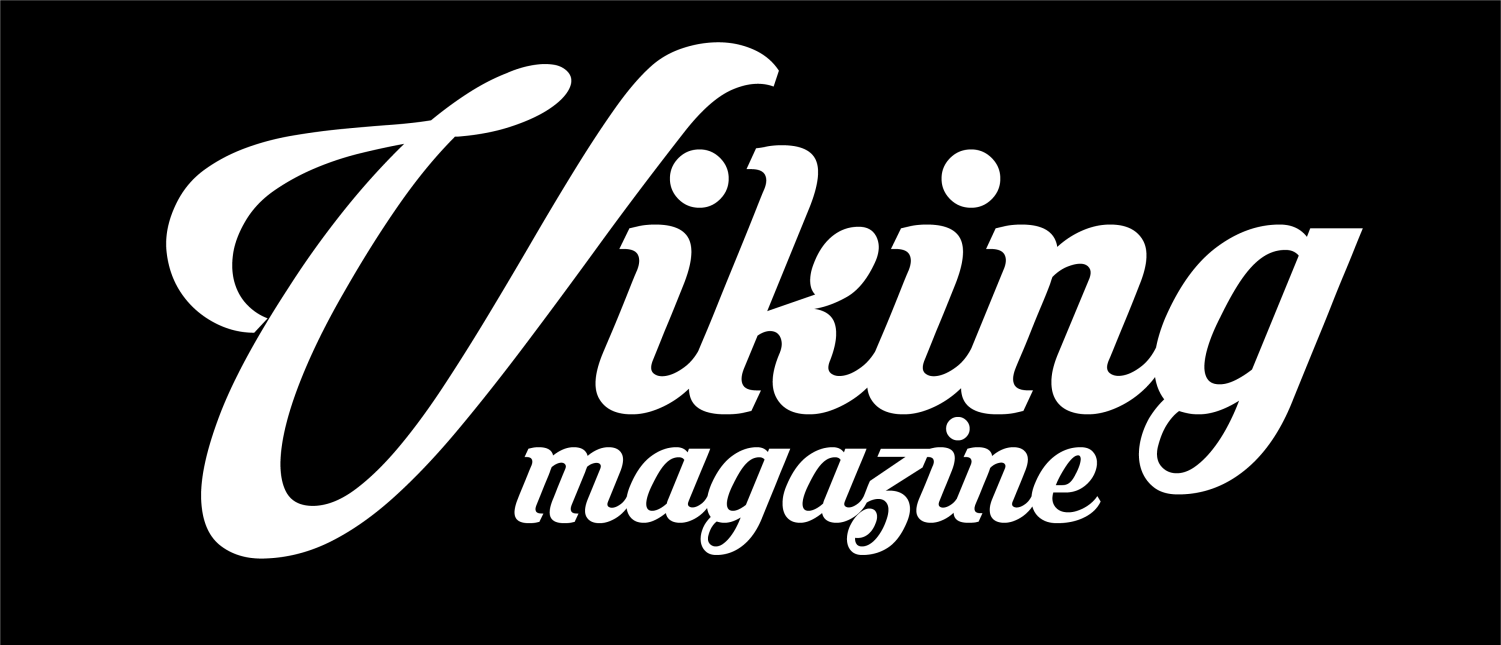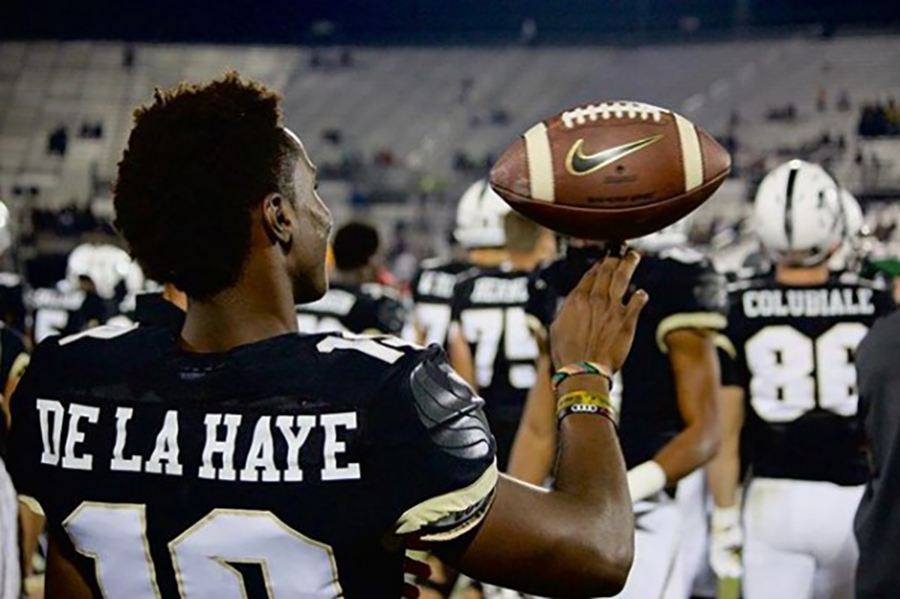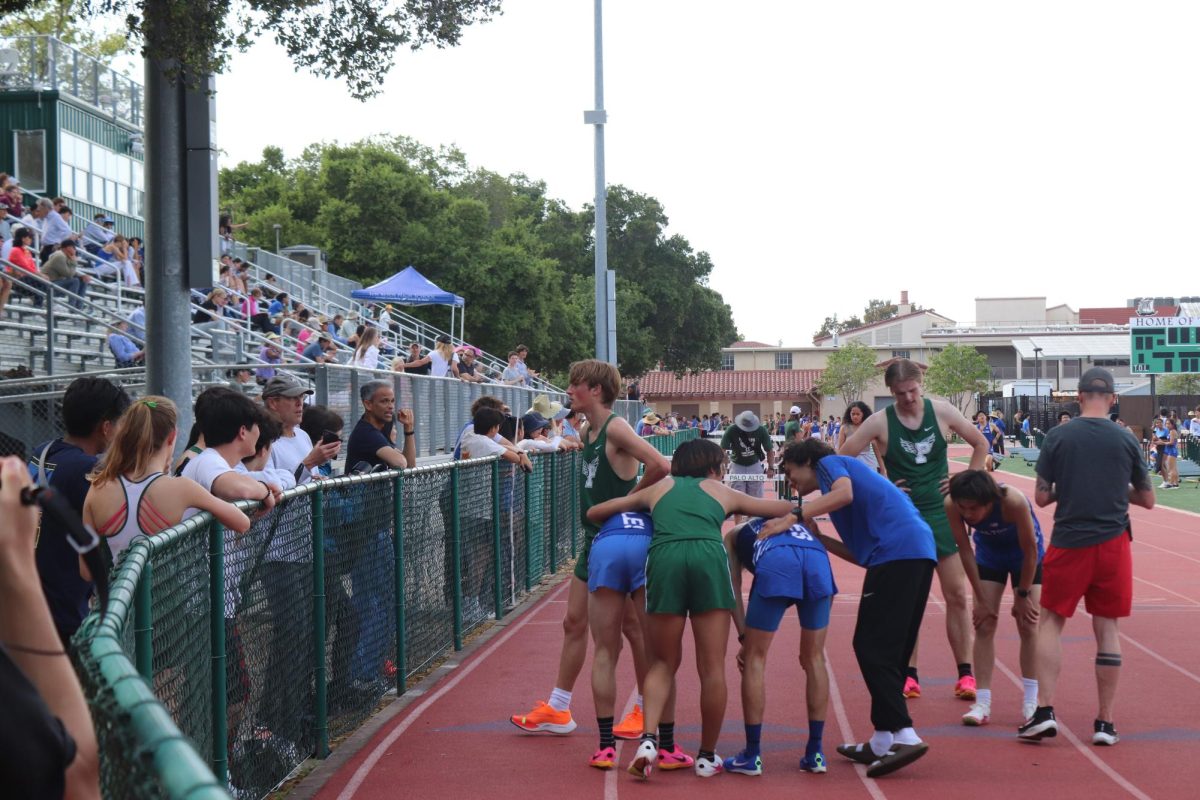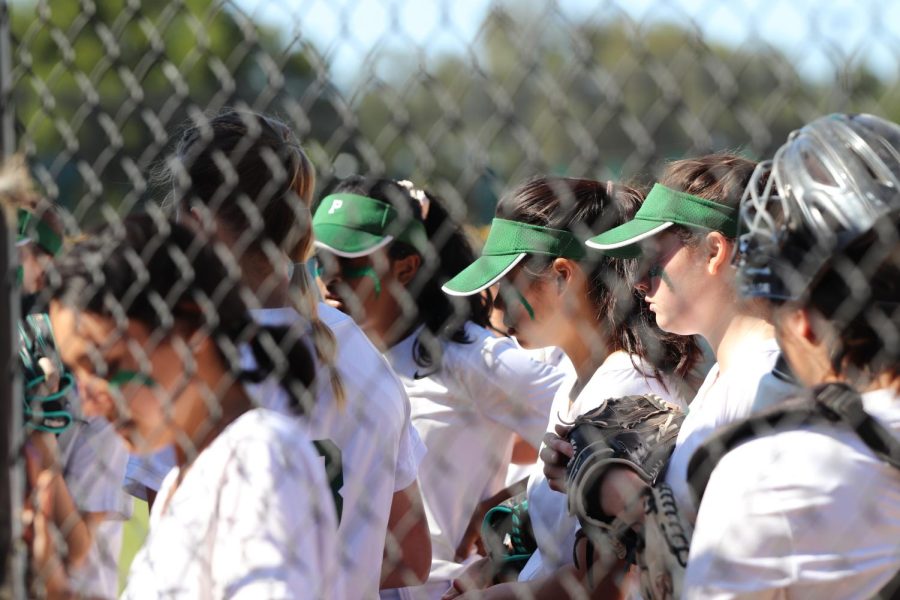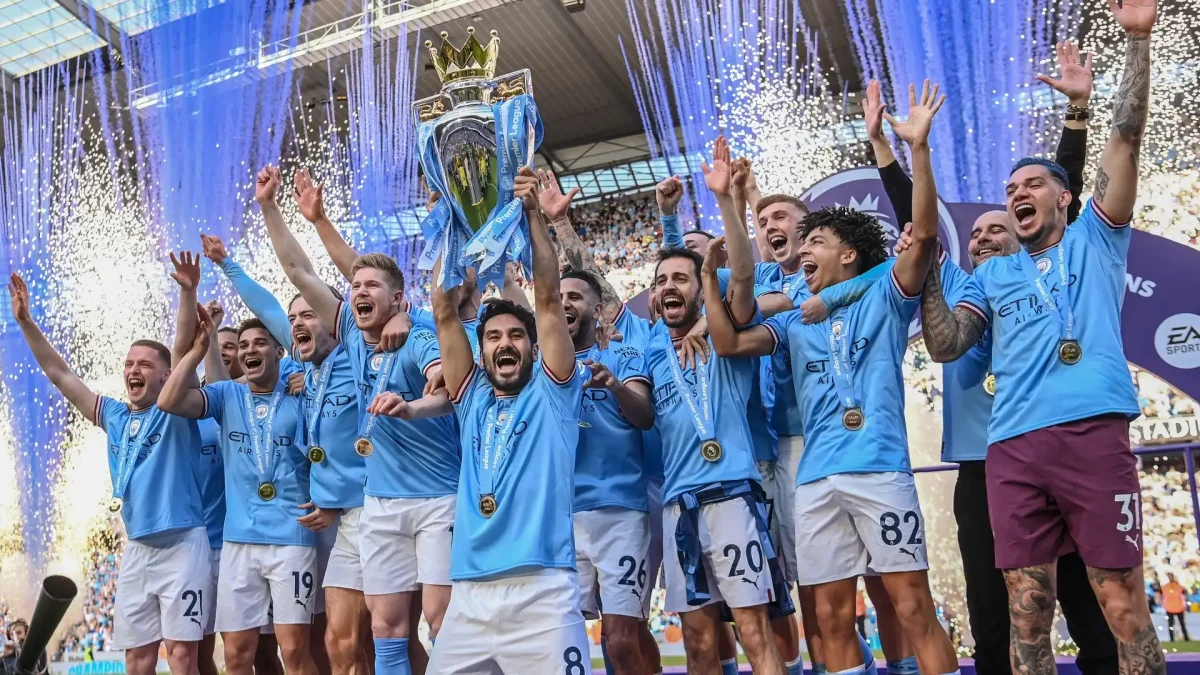Bands for the Brand
January 9, 2020
Donald De La Haye lines up from 40 yards out. His opponent’s 40-yard line, that is. It’s a long field goal, among the longest attempted in an NFL game. He’s kicking a 70 yard field goal–the sheer gall to even attempt such a kick is noteworthy. The strength, speed, and aim required to sail the ball through the posts is even more remarkable. He takes a deep breath, extends his arm towards the goal to envision the path of the ball, and kicks. And the kick is good, right down the middle.
The crowd goes wild! Well, it would, except this isn’t an NFL game.
There are no fans, nobody watching De La Haye kick other than the person filming him. Yet the number of people who watched De La Haye make that kick far surpasses the capacity of the biggest football stadium in America.
The video uploaded to his Youtube channel documenting his kicking abilities amassed 3.7 million views at the time of publishing. That number pales in comparison to the total views his channel has accumulated since he joined the platform in 2015: 285 million views, and counting.
De La Haye, an ex-NCAA athlete, was forced to hang up his cleats after he did not meet certain requirements of the NCAA. The rule he broke did not allow student athletes to profit off of their athletic ability. De La Haye, also known as “Deestroying” to his YouTube subscribers, posted regular videos about the life of a Division I football player on the platform. Through the years, he amassed a large following, but in July of 2017, he was ruled ineligible to compete in the league after refusing to demonetize his YouTube videos about his athletic life. After the incident, De La Haye quit playing college football, and continued making football-related videos. Although this is one example, many other athletes have found themselves in this position and just until recently, they sacrificed their eligibility in order to profit off of themselves.
“Should college athletes be paid?” It’s the question always at the forefront of debates when talking about college athletics. The NCAA has claimed to be looking into the possibility of compensating its athletes for several years, but the process has seemed to be stuck in limbo, always too far-fetched and too easily ignored to ever progress. New legislation being passed in states such as California and New York has made ignoring the issue impossible.
California was the first state to pass a bill that would allow college athletes to profit off of their names. This bill, signed by Gavin Newson in September of 2019, allows players in California to strike endorsement deals and hire agents while still in college. Although the general public had a positive reaction, the governor received backlash from the NCAA, the Pac-12, and many prestigious universities including California, Stanford and USC.
“I am concerned that making money in college athletics could blur an important line between professional leagues and amateur college sports,” Michael Drake, the Chair of the NCAA’s Board of Governors, said.
In a press conference after the bill was signed, the NCAA threatened to declare schools ineligible to compete in NCAA events including March Madness and the College Football Playoff, both events that help some universities pull in millions of dollars. The NCAA feared that the bill could create an unfair advantage in the recruiting process for these California teams. With this law being unique to California, recruits may be inclined to choose California’s schools just because their location allows them to profit off their name.
Shortly after California signed the bill in mid-September, New York signed their own bill that would give college players an opportunity to earn money while in college. Though the bill was modeled after the California bill, the proposed bill also had an amendment which would require college athletic departments to give a share of 15% of their annual revenue to student-athletes. This money would not just be split between the teams that bring in the money, but would be split among all athletes at that school. Just after New York, Florida joined in and enacted their own “fair pay to play” bill modeled after California.
With many more states looking into creating policies to give their athletes opportunities to make money, the NCAA’s hand was forced. On September 29, 2019, the NCAA released a statement that they voted “unanimously to permit students participating in athletics the opportunity to benefit from the use of their name, image and likeness in a manner consistent with the collegiate model.”
Although the NCAA’s own release had no specific plans or details, they did release guidelines that new rules must follow. According to the NCAA website, these guidelines include: (1) Student athletes are not treated any differently than non-athlete students unless their is a compelling reason to do so, (2) maintaining the priorities of education and the collegiate experience to provide opportunities for student-athlete success, (3) ensuring rules are transparent, and have guidelines that are enforceable and clear, (4) making clear the distinction between collegiate and professional opportunities, (5) making clear that compensation for athletics performance or participation is impermissible, (6) student-athletes are students first and not employees of the university. Although these rules will take a few years to be enacted–the deadline for the NCAA to put the new rules into effect is 2021 at the latest–we can see that the NCAA is putting a large emphasis on keeping these collegiate athletes students first, and athletes second.
These changes to the NCAA bylaws will put these athletes first, and will be the first step to helping these athletes that risk so much for the entertainment of our nation. These college athletes, are put into a position, because of the NCAA, in which they are forced to play up to three years of college sports before entering the pros and making money. These three years are years that a player could get a career–ending injury, or lose their draft stock. These years wasted playing college ball hurt their chances at making money instead of helping them. With these changes to the bylaws, these athletes are finally compensated for risking their bodies for entertainment purposes. These athletes who we love to watch every week are finally able to profit off of themselves and build their name before becoming professionals.
As the newly introduced bill will be enforced by the NCAA in the few years to come, it will take time for many athletes, coaches, and everyone else to get used to new policy. Many athletes like De La Haye have been prohibited from playing in the NCAA although their talent is undeniably acceptable to play at a top-tier program. These athletes have been denied access to play in college programs due to the NCAA’s hefty and picky rules. Basketball player LaMelo Ball, who at the time was ranked as a top ten player in his class, was denied eligibility due to the making of his Big Baller Brand shoes, violating the NCAA’s rule on amateurism.
The new bill also benefits many NCAA athletes who come from less affluent areas. The money that they can make off of their own name can not only potentially help them, but can also support their families too. Current Ohio State defensive end, Chase Young, was widely talked about as a favorite to win college football’s most prestigious award, the Heisman Trophy. After taking a loan from a family friend to fly his girlfriend to the Rose Bowl game against Washington–even though he paid the loan back fully–the NCAA suspended Young for two games, diminishing his chances of winning the Heisman and thus damaging his draft status and future NFL salary. If Young were to be paid, then he would not have taken out a loan and many of his issues would have been solved.
As athletes like De La Haye, Ball, and Young who have all been affected by the strict rigorous rules of the NCAA, they have paved the way for younger student-athletes to enjoy more freedom. Although future athletes will benefit from their performances financially and build up Internet personalities at the same time, De La Haye’s potential NFL career can never be revived.
